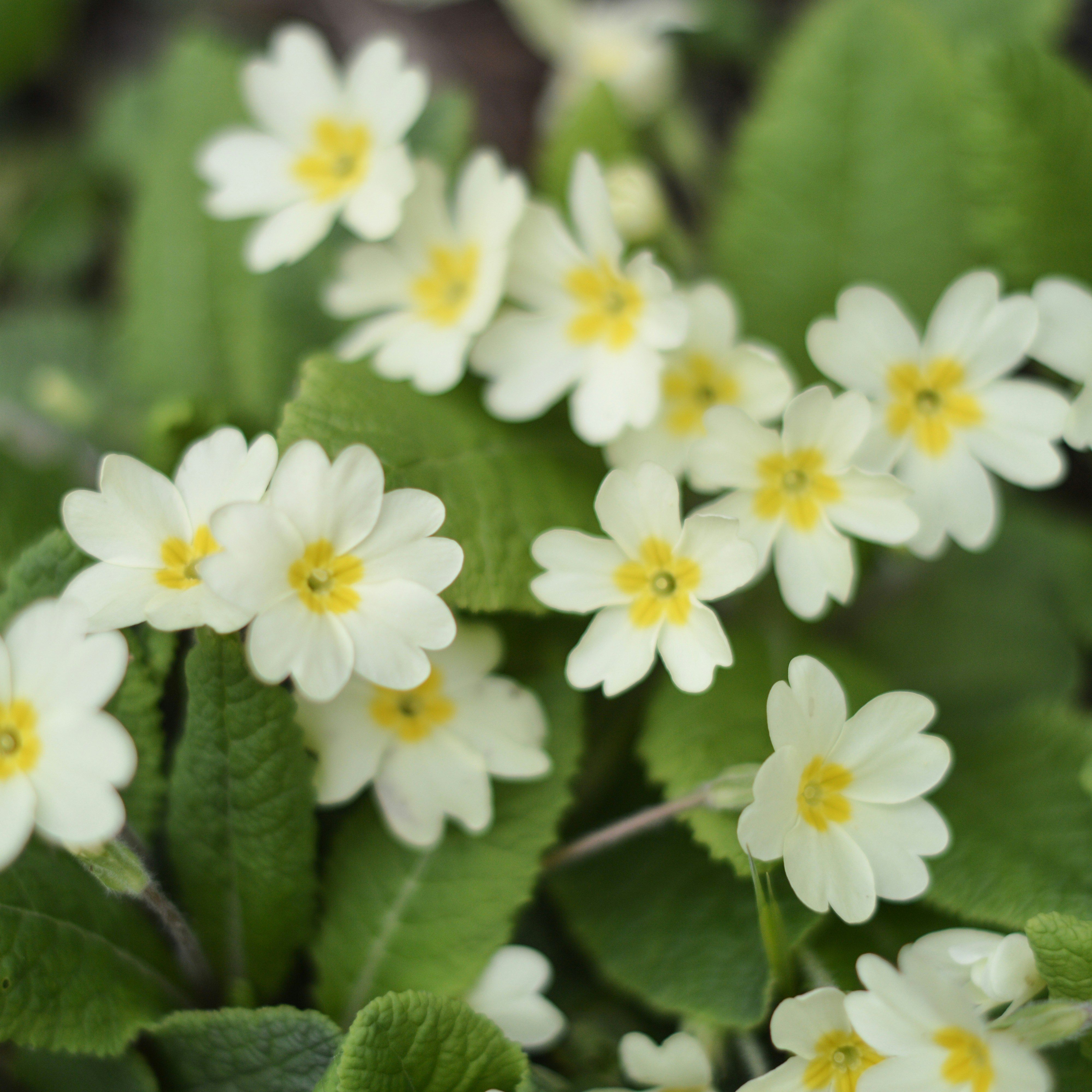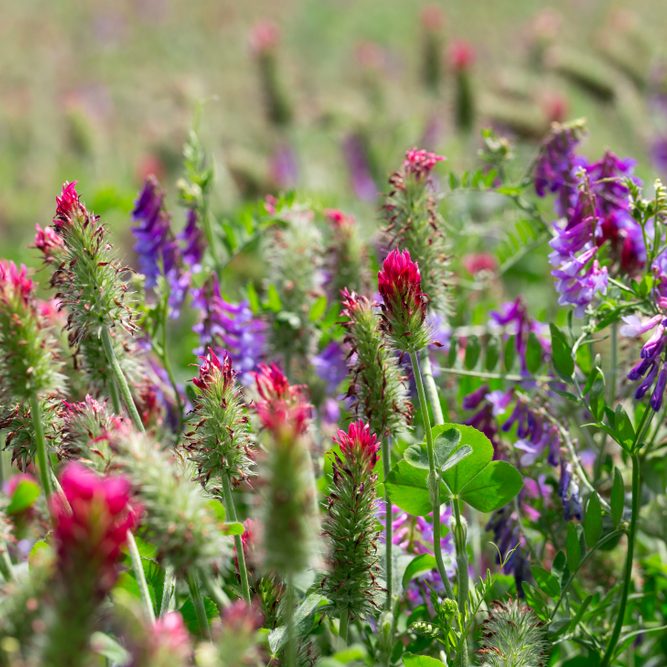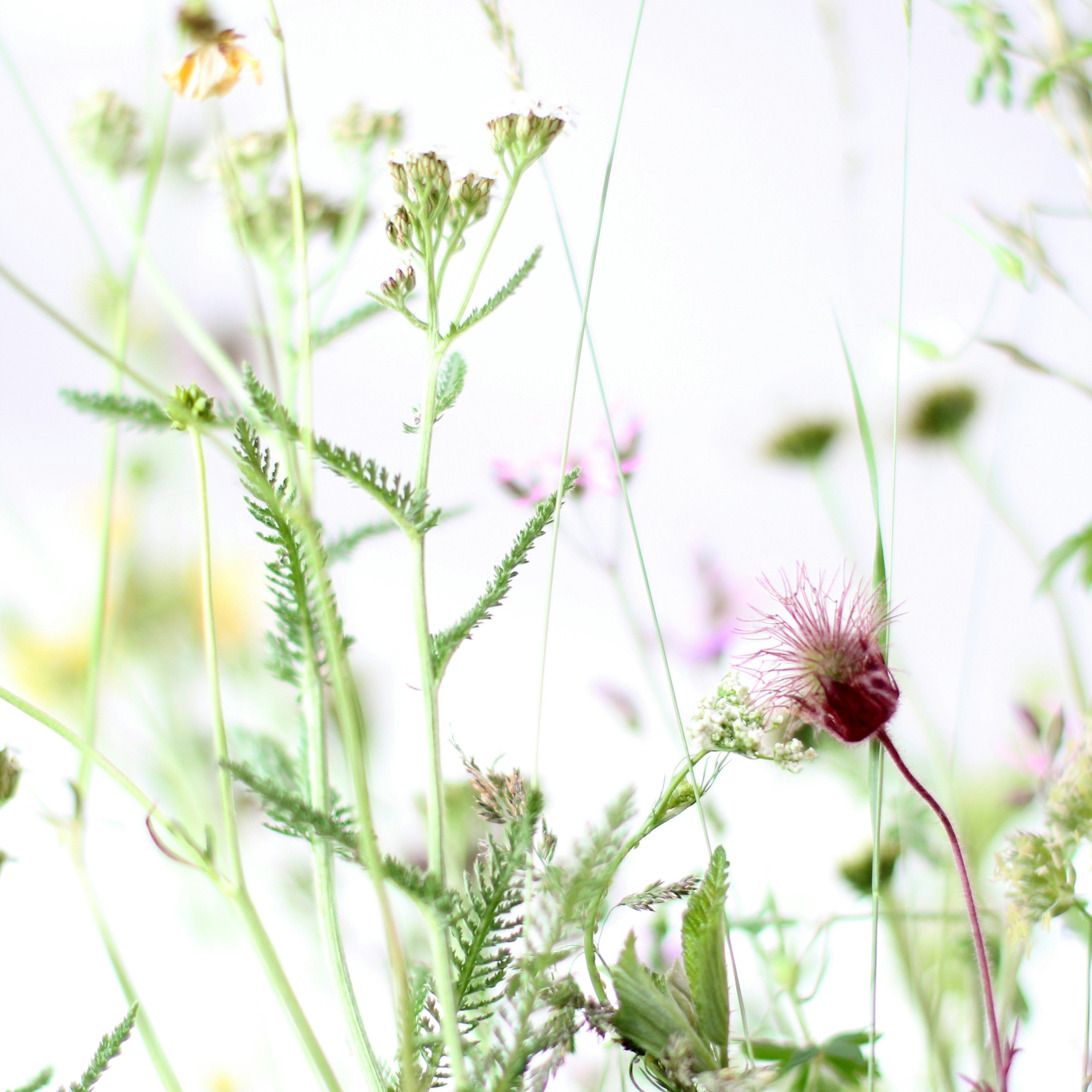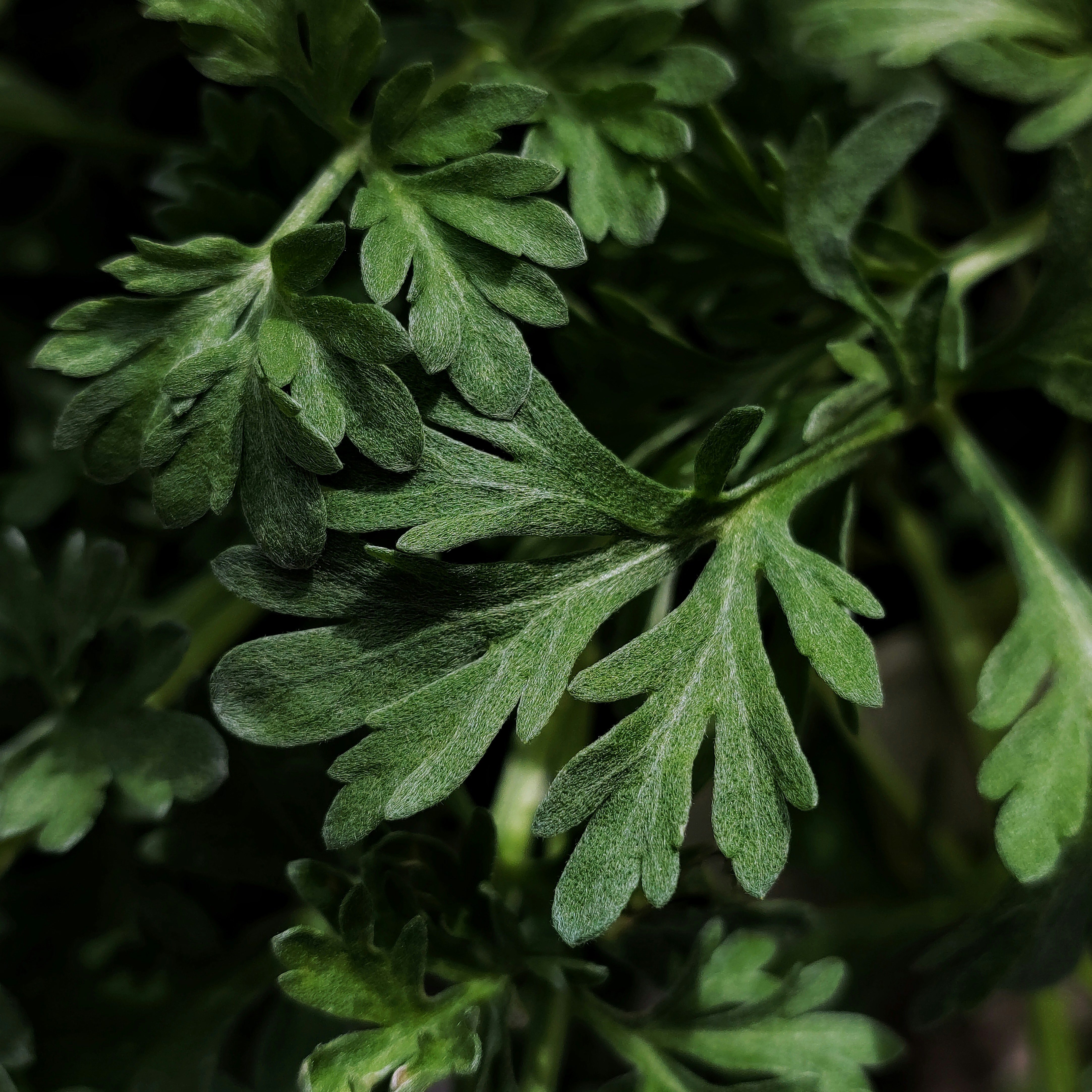BACKGROUND
Vermouth is a type of fortified wine flavored with various botanicals, including herbs, spices, and roots. It is an essential ingredient in many classic cocktails and is also enjoyed on its own as an aperitif.
The concept of adding herbs and botanicals to wine dates back to ancient civilizations, including the Greeks and Romans. They used these concoctions for medicinal purposes, believing that the botanicals had health benefits. During the Middle Ages, spiced and herb-infused wines were popular across Europe. These early forms of vermouth were still primarily used for their supposed medicinal properties.
The modern version of vermouth as we know it today began to take shape in the 18th century in Turin, Italy. In 1786, Antonio Benedetto Carpano is credited with creating the first commercial vermouth. His version was a sweet, aromatic wine flavored with a blend of herbs, spices, and roots.
Shortly after its development in Italy, vermouth production spread to France. French vermouth, particularly from the Chambéry region, tended to be drier and lighter than its Italian counterpart.
In recent years, vermouth has experienced a resurgence in popularity. Craft vermouth producers have emerged, creating artisanal products with unique botanical blends. This revival has been driven by a renewed interest in classic cocktails and a greater appreciation for quality ingredients.
CORE ELEMENTS
Making vermouth at home involves a combination of infusing wine with a variety of botanicals, fortifying it with spirits, and sweetening it to taste. It uses the following elements:
- Wine (dry white).
- Alcohol (vodka or brandy).
- Sugar / honey.
- Botanicals including herbs, roots and flowers.

Your garden, hedgerows and surrounding countryside offers a huge abundance of botanicals that can be used to create your home made vermouth. If out of season dried herbs can be used often found in local delis and supermarket chains. A certain next day delivery website also offers a vast selection of herbs that can be used.
WHICH INGREDIENTS?
A mix of foraged and dry herbs can work well. Don't be afraid to try new things, elderflower is used within several providing those sweet notes.
As a distiller I would be tempted to use bay, sage, sorrel, clover and fennel / dill.
Key Ingredients
- Wormwood (Artemisia absinthium): Essential for the characteristic bitterness (use sparingly).
- Chamomile: Adds a floral note.
- Yarrow: Adds bitterness and herbal complexity.
- Cinnamon: For warmth and spice.
- Cloves: Adds depth and a bit of sweetness.
- Star Anise: A hint of licorice flavor.
- Juniper Berries: Adds a piney, gin-like note.
Aromatic Herbs and Spices
- Thyme: Herbal and earthy notes.
- Sage: Adds a savory, herbal quality.
- Lavender: Floral and slightly sweet.
- Rosemary: Piney and aromatic.
- Mint: Fresh and cooling.
- Lemon Balm: Mildly lemony and herbal.
Citrus Peels
- Lemon Peel: Bright, citrusy aroma.
- Orange Peel: Sweet and fragrant.
- Grapefruit Peel: Bitter and aromatic.
Additional Botanicals
- Angelica Root: Adds depth and earthiness.
- Cardamom: Spicy and aromatic.
- Coriander Seeds: Citrusy and slightly spicy.
- Gentian Root: Adds bitterness.
- Orris Root: Adds a floral, violet-like note.
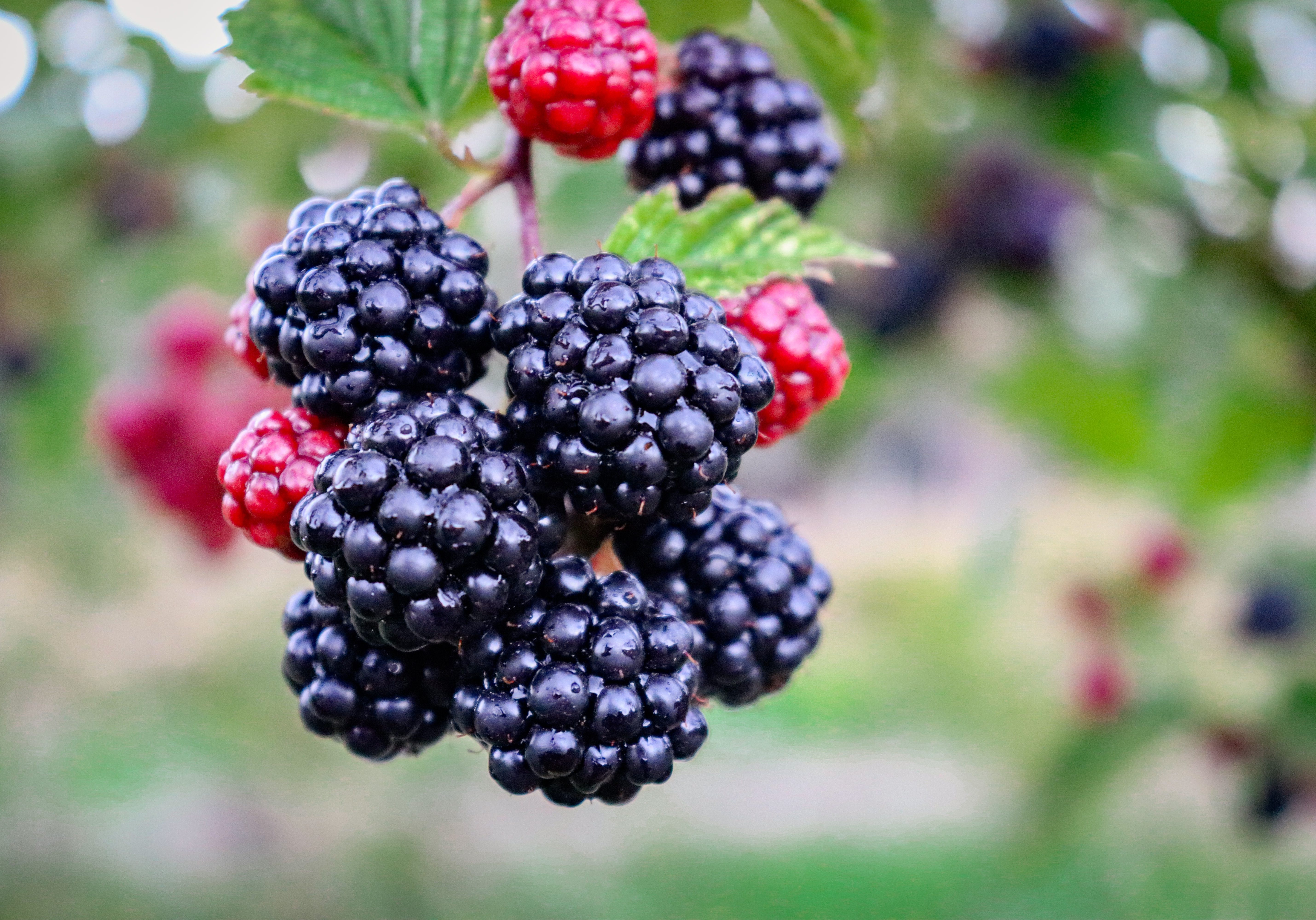
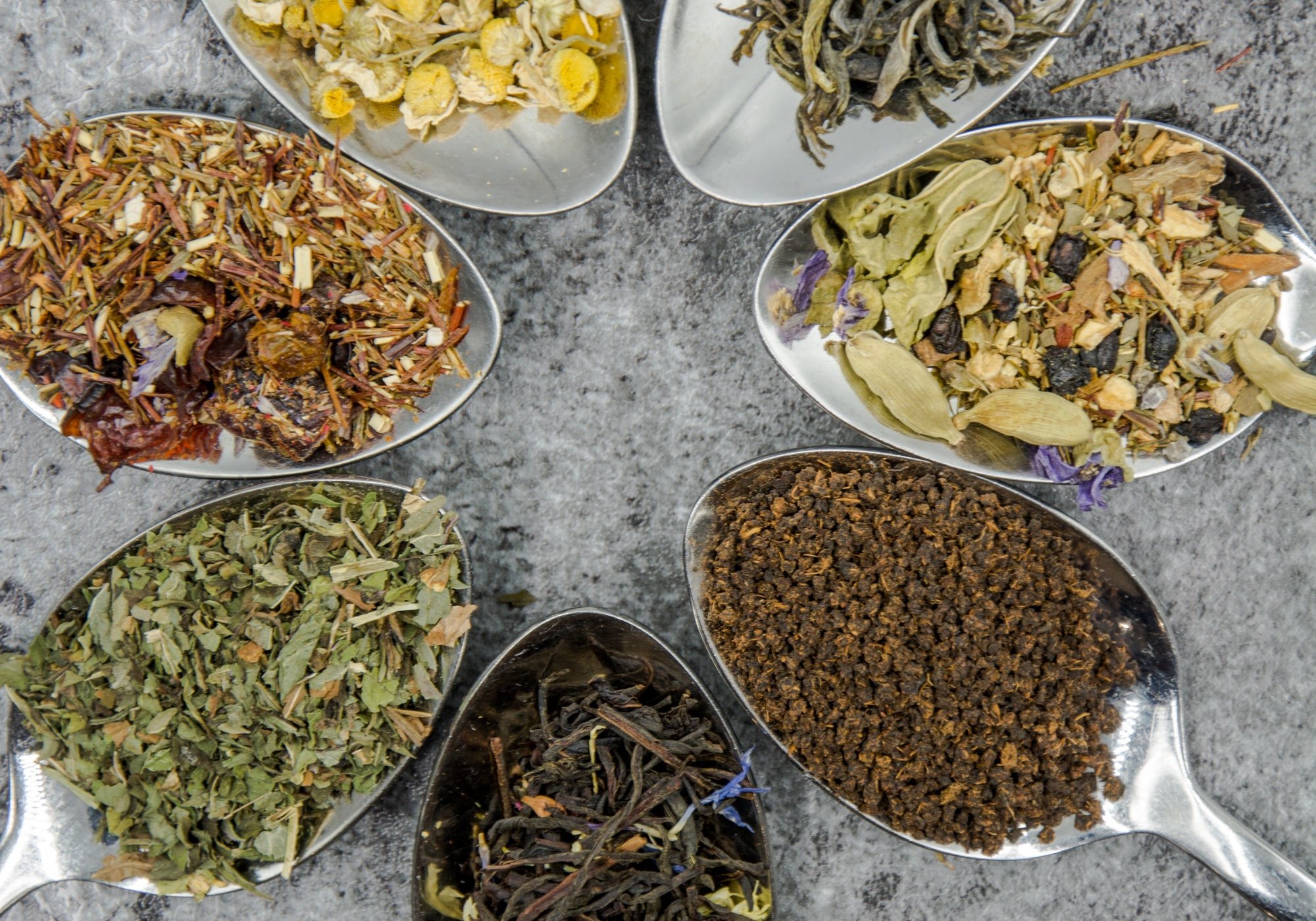
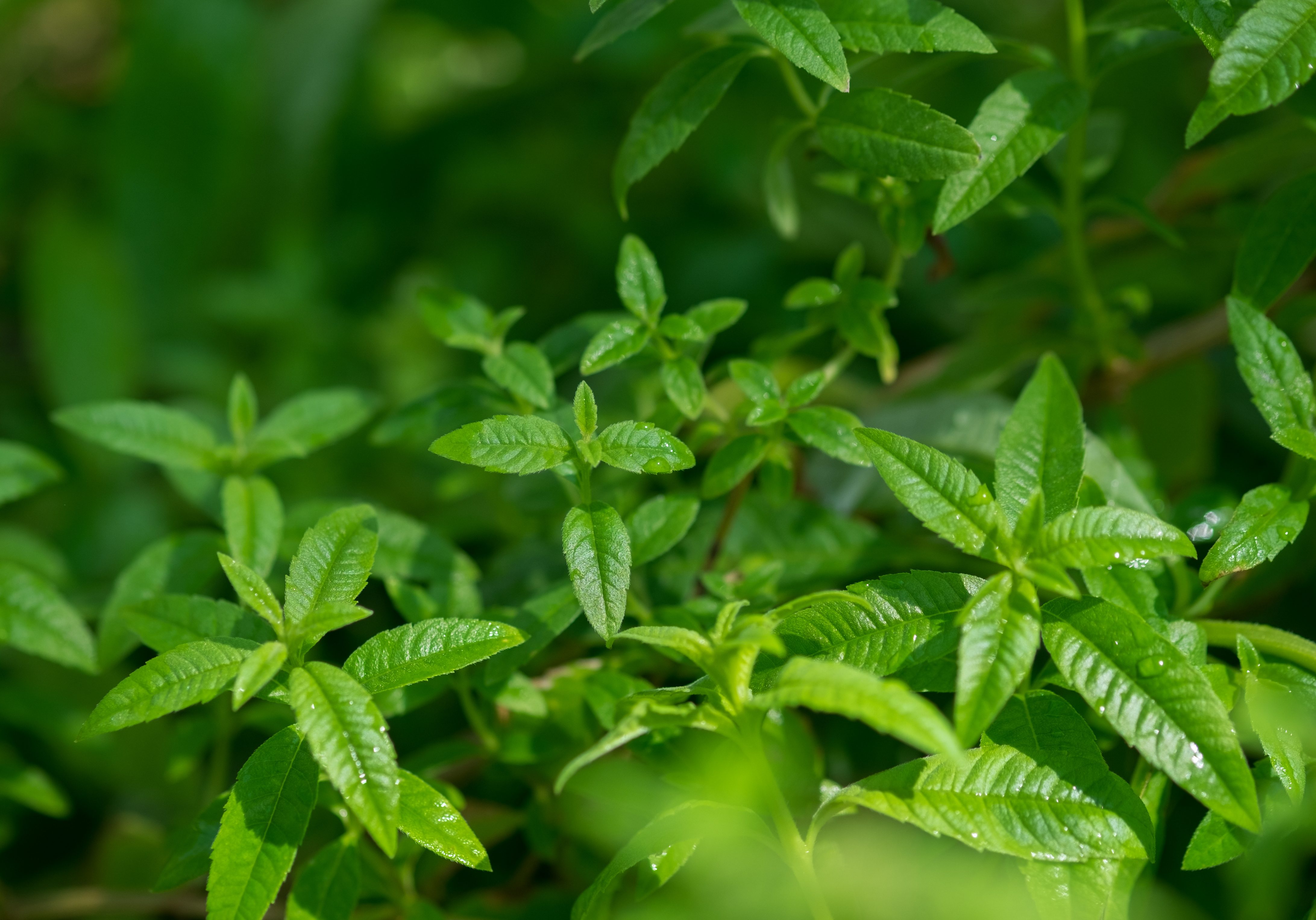

OUR BASE RECIPE
Ingredients
-
Base Wine: 750 ml of dry white wine.
-
Fortifying Spirit: 150 ml of brandy.
-
Sweetener: 50-100 grams of sugar or honey.
Botanicals (your choice)
- 1 teaspoon of wormwood
- 1 teaspoon of chamomile
- 1 teaspoon of yarrow
- 1 teaspoon of mint
- 1 teaspoon of lemon balm
- 1 teaspoon of sage
- 1 teaspoon of thyme
- 1 teaspoon of lavender
- 1 cinnamon stick
- 2-3 cloves
- 1 star anise
- 1 teaspoon of dried lemon peel
- A few juniper berries
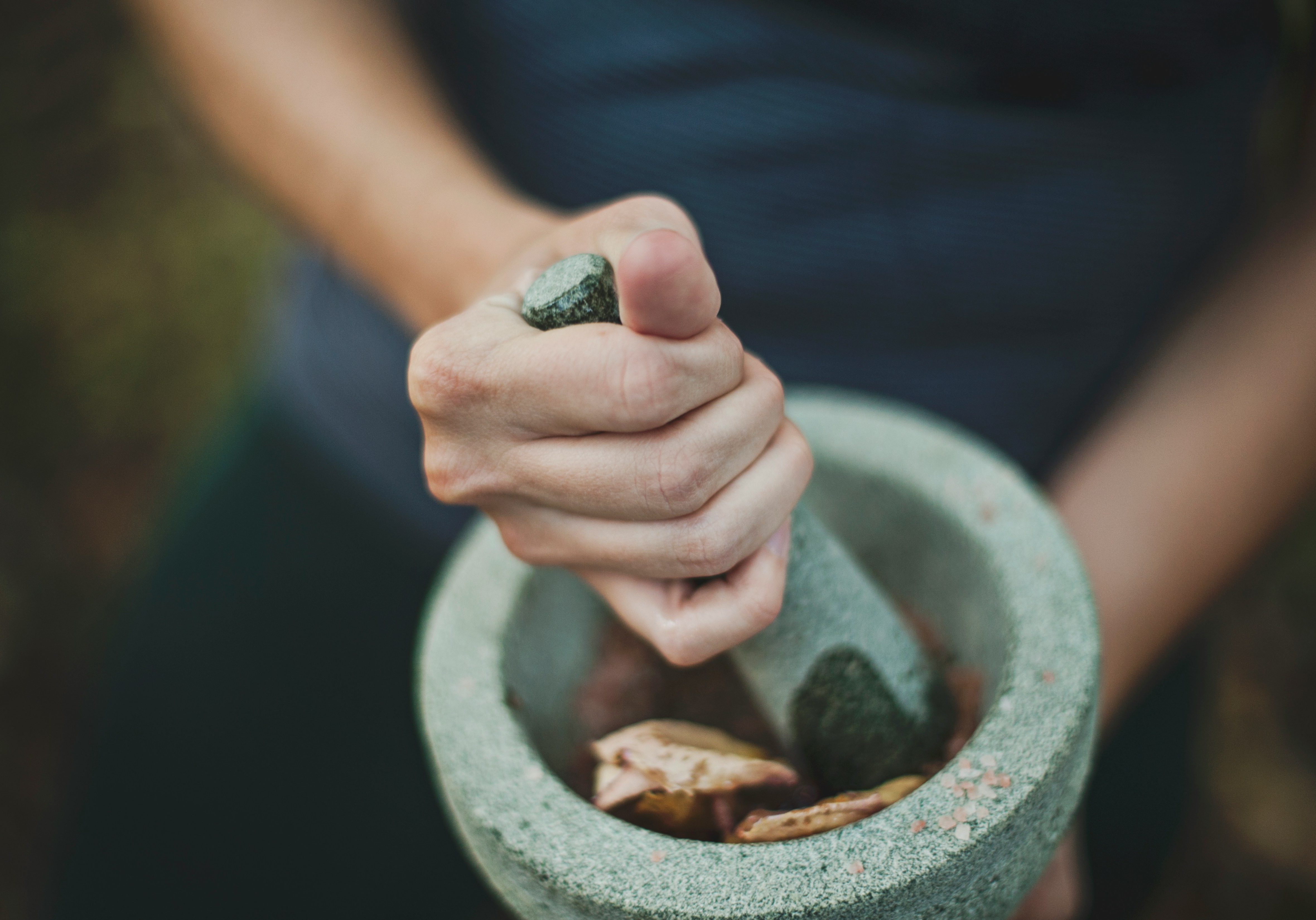
METHOD
Prepare the Botanicals
- Gather your dried botanicals. Ensure they are clean and free of dirt or insects.
- Measure the herbs and spices according to your recipe.
Infuse the Wine
- Combine Wine and Botanicals: Pour the wine into a large glass jar or container.
- Add Botanicals: Add the dried botanicals to the wine.
- Seal and Infuse: Seal the jar and let it infuse in a cool, dark place for 5-7 days.
- Shake the jar gently every day to infuse.
Strain the Wine
- Strain Botanicals: After the infusion period, strain the wine through a fine mesh strainer or cheesecloth to remove the botanicals.
- Taste and Adjust: Taste the infused wine and adjust the bitterness or sweetness if needed. You can let it infuse longer for stronger flavors.
Sweeten and Fortify
- Prepare Simple Syrup: In a small pot, gently heat the sugar or honey with a small amount of water until dissolved to create a simple syrup.
- Add Simple Syrup: Add the simple syrup to the infused wine, adjusting the sweetness to your preference.
- Fortify: Add the brandy or vodka to fortify the vermouth.
Final Blend and Rest
- Mix Thoroughly: Mix everything thoroughly and transfer the vermouth to a clean bottle.
- Rest: Let the vermouth rest for a few days to allow the flavors to meld together.
Tips:
- Experiment: Feel free to experiment with different botanicals to create your unique flavor profile.
- Balance: The key to a good vermouth is balance. Adjust the amount of sweetener and the mix of botanicals to suit your taste.
- Record: Keep a record of your recipes and adjustments for future reference.
By following these steps, you can create a homemade vermouth tailored to your taste preferences, providing a delightful addition to your cocktail repertoire or a unique aperitif.
Your vermouth can be enjoyed on its own, over ice, or used as a cocktail ingredient. Store your vermouth in the refrigerator to preserve its freshness and extend its shelf life.
Have fun!
